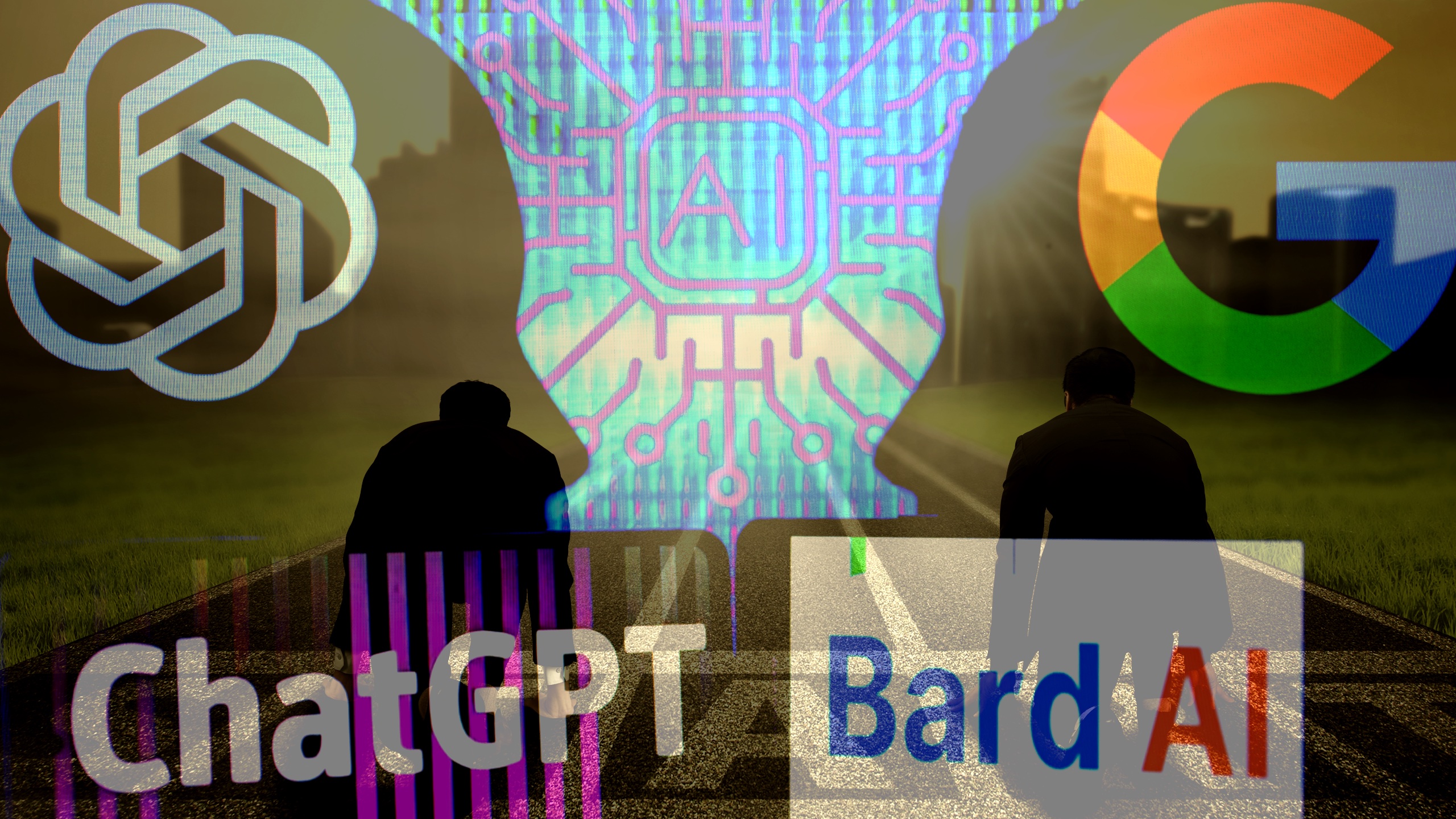Perplexity AI chief executive officer Aravind Srinivas took potshots at rival Google after the startup raised $73.6 million from a group of investors, including Amazon billionaire founder Jeff Bezos and chip-maker Nvidia.
The round was led by venture capital firm IVP and valued the San Francisco-based startup at about $520 million, the company said. NEA, Shopify cofounder Tobias Lütke, and Databricks also participated in the round.
After the raise, Srinivas said, “Google is going to be viewed as something that’s legacy and old, and Perplexity will be viewed as something that’s the next generation and future,” according to Reuters.
Also read: OpenAI Hits $1.6 Billion Revenue as Anthropic Eyes $850M in 2024
500 million user queries
Founded in August 2022, Perplexity functions much in the same way as a search engine. It can hold conversations and provide simple to nuanced responses to user prompts with sources and citations. The tool is especially useful to academics and students.
Perplexity combines information from several top web results for its answers, not just a list like what appears on Google. It provides a list of related queries below every answer. An answer to any of the suggested queries can be generated instantly with a single click.
According to its website, the company aims to challenge Google’s dominance by offering an AI-powered search engine that is “part chatbot and part search engine,” with “real-time information and footnotes showing the sources of its answers.”
While Perplexity is yet to turn a profit, making only $5 million to $10 million in revenue per year, it has grown to 10 million active monthly users (MAUs), the startup announced last week.
Nvidia VP of applied research Jonathan Cohen said in the same announcement that Perplexity is “one of the few consumer AI products to reach this major milestone of 10 million MAUs.” He added that AI will “transform how we access information.”
Perplexity says it attended to over 500 million user queries in 2023, without breaking the bank on traditional marketing. Its website and mobile traffic reached 45 million in December, up 2,000% from 2.2 million visits a year ago, per Similarweb data.
“We stand at the inflection point of a massive behavioral shift in how people access information online…” Avarind Srinivas wrote in the statement.
“The times of sifting through SEO spam, sponsored links, and multiple web pages will be replaced by a much more efficient way to consume and share information.”

Challenging Google
Perplexity makes money from subscriptions (it has a Pro version that costs $20 per month) and from selling its AI software. The chatbot is powered by several large language models (LLMs), including OpenAI’s GPT4 tech, Anthropic’s Claude, Google’s Gemini, and Meta’s open-source Llama.
But the firm remains a smaller rival among its AI peers, much less against Google. For example, Perplexity’s direct competitor, OpenAI, posted revenue of $1.3 billion last year and is targeting a valuation of $100 billion. Meanwhile, Anthropic expects to rake in $850 million in 2024, according to The Information.
That compares with just $10 million in yearly revenue for Perplexity, Srinivas told the Wall Street Journal. Even with a valuation of $520 million, the company is dwarfed by Google parent Alphabet’s $1.7 trillion market capitalization.
In addition, Google controls 90% of the search business total market share, and attempts by the likes of Microsoft to end that dominance with ChatGPT-powered Bing search have been futile. Google has been actively testing AI-driven search on millions of its users.
Perplexity has a long way to go to dethrone Google. Srinivas said Perplexity will use the new $73.6 million funding to expand staff from 38 now to about 60 by the end of this year. Last year, the firm raised over $25 million.
The CEO believes more people will ditch Google in the future as they turn to AI chatbots. “If you can directly answer somebody’s question, nobody needs those 10 blue links,” Srinivas told the Journal.









 and then
and then